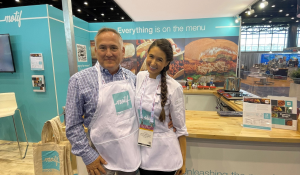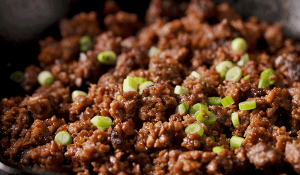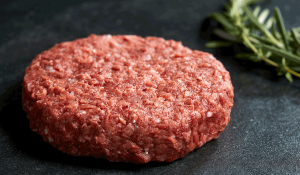
What we were up to at IFT
We were thrilled to attend the IFT FIRST annual exposition in July. A few of our team members traveled to Chicago, Illinois, to join the

We were thrilled to attend the IFT FIRST annual exposition in July. A few of our team members traveled to Chicago, Illinois, to join the

More than 1,700 exhibitors and 51,000 registered attendees were on hand at the National Restaurant Association Show this past May in Chicago. The feeling in

SXSW brings industries together to showcase breakthroughs and cutting-edge ideas through exhibitions, panel discussions, keynote speakers and workshops. The city of Austin becomes grounds for

Last June Motif unveiled new food technologies and consumer reactions to how they transformed the taste, flavor and texture of a plant-based burger. Now the

From crunchy first bites to silky smooth sips that delight our taste buds, texture is a big part of why we enjoy eating. Texture can

How do you recreate the taste, texture and overall experience of biting into a juicy plant-based burger? Believe it or not, the science behind the
Hungry for the next generation of food? Be the first to hear about product offerings, events and our latest innovations.